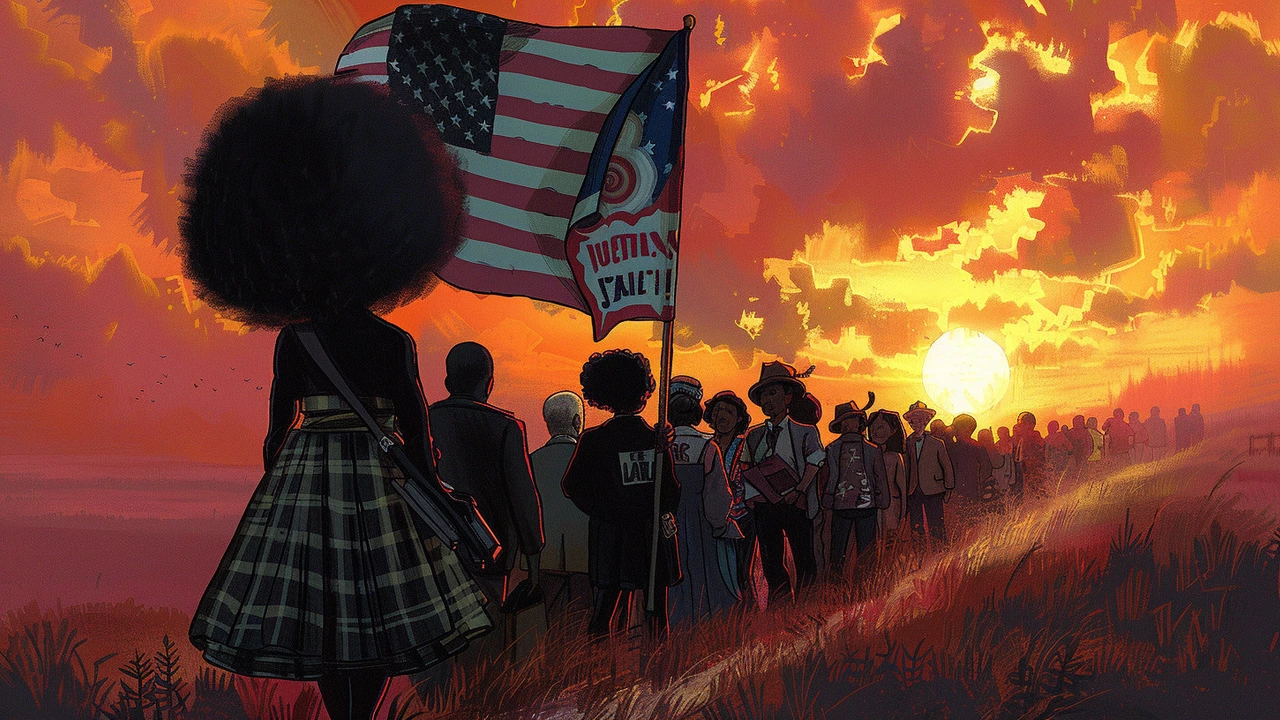Racism in Motorsports: Why It Matters
Racism isn’t just a social issue; it shows up in racing too. When a driver, crew member, or fan faces hate, it hurts the whole sport. It can turn a thrilling event into a painful experience for those targeted. Understanding how and why these incidents happen helps us stop them before they spread.
Spotting Racism on the Track and in the Stands
Racist remarks can appear in commentary, on social media, or even shouted from the grandstands. A driver might be called a name that attacks their background instead of their skill. Fans sometimes use symbols or chants that target a specific ethnicity. These actions create a hostile environment and can distract teams from focusing on performance. Spotting the signs early—like offensive language in live chats or hateful memes—makes it easier to call them out.
Teams also have a responsibility. If a crew chief notices a teammate being singled out, they should step in right away. Many racing clubs now have codes of conduct that forbid hateful language. When those rules are ignored, the sport loses credibility and fans walk away. Simple actions, like monitoring online forums and responding quickly, can stop bigger problems.
How the Community Can Fight Back
Fans, drivers, and officials can all push for change. One practical step is to amplify positive stories about diversity—highlighting drivers from under‑represented backgrounds and celebrating their achievements. When a driver wins, fans should cheer their skill, not their skin color. Racist comments should be reported to platform moderators and race officials; many sites have easy‑to‑use reporting tools.
Education matters too. Hosting workshops at race tracks about bias and inclusion can give crew members and fans the tools to recognize uncomfortable behavior. Sponsorship deals that prioritize inclusive values send a clear message to the industry. By supporting brands that stand against hate, the racing world can shift its culture.
Ultimately, fighting racism in motorsports is a team effort. It starts with each person calling out bad language, supporting diverse voices, and demanding respectful treatment for everyone. When the whole community stands together, the sport stays fast, exciting, and welcoming for all.

Celebrate Juneteenth with Graphic Novels that Illuminate Black History
by Davion Strider / 21 Jun 2024Explore the powerful role of graphic novels in presenting anti-racist and Afrocentric perspectives on American history this Juneteenth. Key titles like 'Stamped from the Beginning,' 'Ms Davis,' 'The Black Panther Party,' and 'The Graphic History of Hip Hop' provide essential context and elevate African-American voices. These works counteract regressive narratives and honor the significance of Juneteenth.